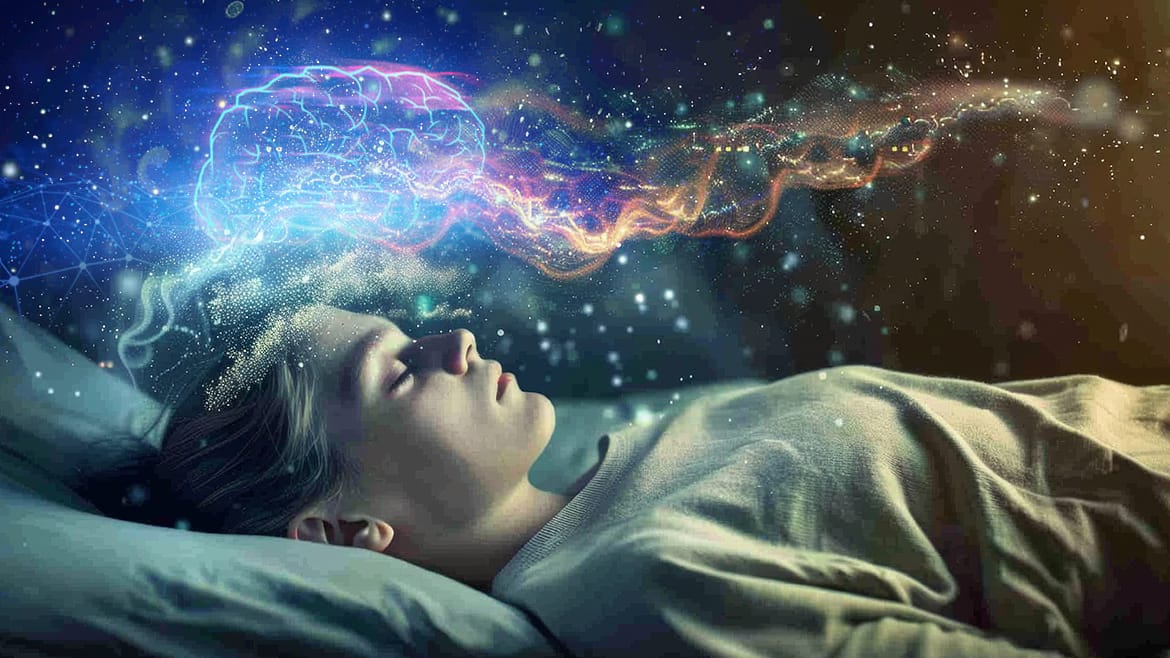One of the most notable applications of AI in dream studies is Natural Language Processing (NLP). AI-powered tools can analyze written or spoken dream descriptions, picking up on recurring words, emotional undertones, and thematic patterns that might escape human notice. Similarly, symbol recognition allows AI to compare dream elements to extensive databases of traditional interpretations, offering possible meanings. However, dreams are highly subjective, and interpretations can vary widely based on personal experiences and cultural backgrounds.
AI’s strength in pattern recognition also comes into play, as algorithms sift through large datasets of dream reports to find connections between subconscious imagery and waking life emotions. Some researchers are going a step further by exploring neural activity analysis, where AI is trained to recognize patterns in brainwave data during REM sleep; the stage most associated with dreaming. The ambitious goal? To reconstruct dream content from brain activity. While this remains largely experimental, early findings suggest AI might be able to detect certain patterns linked to specific dream states.
Can AI Actually Influence Dreams?
The idea of AI shaping our dreams is where things become even more uncertain—and more ethically complex. Scientists have experimented with targeted sensory stimuli during sleep, such as playing specific sounds or flashing images to influence dream content. While the potential applications range from therapeutic uses to creative exploration, concerns about privacy and autonomy loom large. Could dream manipulation be used for advertising? Or worse, could it interfere with our subconscious in ways we don’t yet understand?
The Limits and Ethical Questions
Despite AI’s advancements, dreams remain an intimate and often mysterious aspect of human consciousness. Machines might be able to decode patterns, but they lack the lived experience, emotions, and cultural nuances that shape our dreamscapes. The ethical considerations of AI in dream analysis also cannot be ignored like questions around privacy, consent, and potential manipulation, which need careful scrutiny before this technology progresses further.
For now, AI offers an intriguing glimpse into the subconscious but remains far from unlocking its full mysteries. While it may provide new tools for analysis, the deeply personal nature of dreams suggests that human interpretation will always be irreplaceable.


